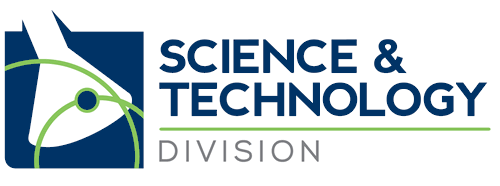by Stephanie Delozier Strobel
At the 2017 ATA conference, I attended a great session on specialization and expanding into technical markets. Thank you Lebzy González, Nick Hartmann, Karen Tkaczyk and Matthew Schlecht. The panelists pointed out that there is more than one way to become a technical translator. Perhaps you studied language and translation and landed a position with a technical company, or you trained yourself in technical language by reading lots of journals, or maybe you had a technical background and you decided to trade in your calculator and apply your linguistic muscles to technical translation as a second career.
After you obtained your technical expertise by whatever appropriate means, the next step in becoming a specialist is to just do it. Just specialize. How do you decide what you want to translate? As recommended in the book Simple Abundance, one way to figure out what you want, is to make a list of what you don’t want. I have such a list—while I will accept work that may have some legal, some financial, some chemical, or some life sciences in it, I won’t agree to translate a hand-written medical record, a pharmaceutical patent or—god forbid—a financial report. That still leaves me with a wide array of subjects I am willing to translate: aerospace materials, aeronautics, cement making, aluminum smelting, automotive, medical devices, and the list goes on. In fact, I’m still working on narrowing my specialization even more.
Back to the title of this article, yes, actually, turning down work helps you grow your business. There’s more than enough work to go around—billions of dollars annually. So wait for your pitch. Here, watch me: a client contacts me about a heavily chemical project. Will I spend my time killing myself, doing tremendous research on a tight deadline when I know that Karen Tkaczyk can certainly translate it better and faster without a hair out of place? Nope. I tell my client, “This isn’t within my area of expertise, but I can recommend a great translator for the job. Please keep me in mind for the next project.” With great thanks, the client rushes off to hire Karen. Of course, Karen nails it. And I get high marks from my client for being honest and resourceful. Plus, I’ve done Karen a favor which she may return in kind. The client does contact me later with a project that’s right in my sweet spot, and Karen does indeed refer a great client to me. Repeat the process with her and others and get more work in my specialty—true story.
This brings me to the ATA divisions. What better place to find people to refer work to? As I mentioned, I don’t translate every technical subject. Furthermore, I translate only French into English. Not Italian, not Spanish, not Japanese and not German. This is where the connections made in ATA’s divisions are useful. I keep an eye on the questions and answers that come up on the email groups for ATA SciTech division and listeFLD and on the FLD and SciTech Facebook pages. That’s one way I get an idea of what people do and who is helpful. That information is useful when I need to make a referral for outside my language pair, my expertise or for English to French inquiries.
Attending sessions at the ATA conference also increases my confidence in my division colleagues. Over the years, I’ve referred an Italian to English patent translation, a German to English environmental translation, a French to English financial translation, even an English to Portuguese software translation to professionals I’ve met at ATA conferences or through the email lists. That doesn’t even count the French to English technical translation work I’ve referred to others I met the same way.
By all means, feel free to take on a stretch project now and then. But just like in baseball, there’s a sweet spot in the strike zone; wait for your pitch and you’ll get a great hit.

